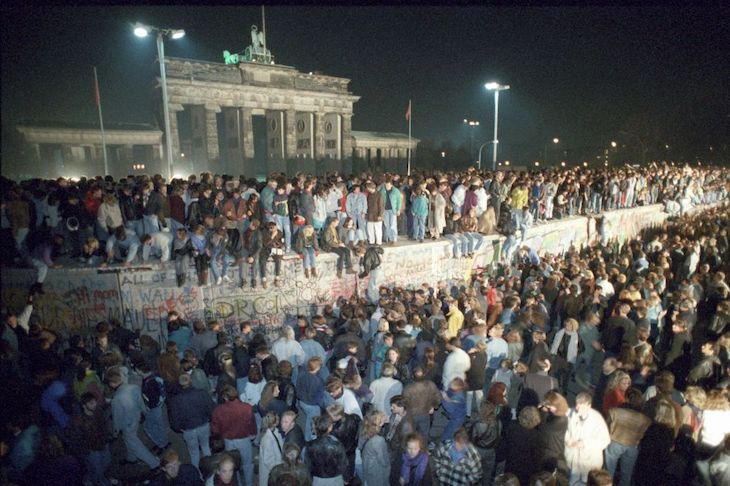Thirty years on from the fall of the Berlin Wall, socialism is back in fashion. The anniversary is a good occasion to reflect on some of the lessons that we have collectively un-learned, or perhaps never learned properly in the first place from the fall of Communism.
The division of Germany into a broadly capitalist West, and a broadly socialist East, represented a natural experiment, and did so in two ways.
It was, first of all, a gigantic economic experiment about the viability of socialism, and it produced conclusive results. Around the time of Reunification, West Germany’s GDP per capita was about three times that of East Germany’s. There was also around a three-year-gap in average life expectancy.
But it was also a gigantic political experiment. Around the time the German Democratic Republic was founded, Western intellectuals were falling out of love with the Soviet Union, which many had eulogised in the 1930s.

Get Britain's best politics newsletters
Register to get The Spectator's insight and opinion straight to your inbox. You can then read two free articles each week.
Already a subscriber? Log in







Comments
Join the debate for just $5 for 3 months
Be part of the conversation with other Spectator readers by getting your first three months for $5.
UNLOCK ACCESS Just $5 for 3 monthsAlready a subscriber? Log in